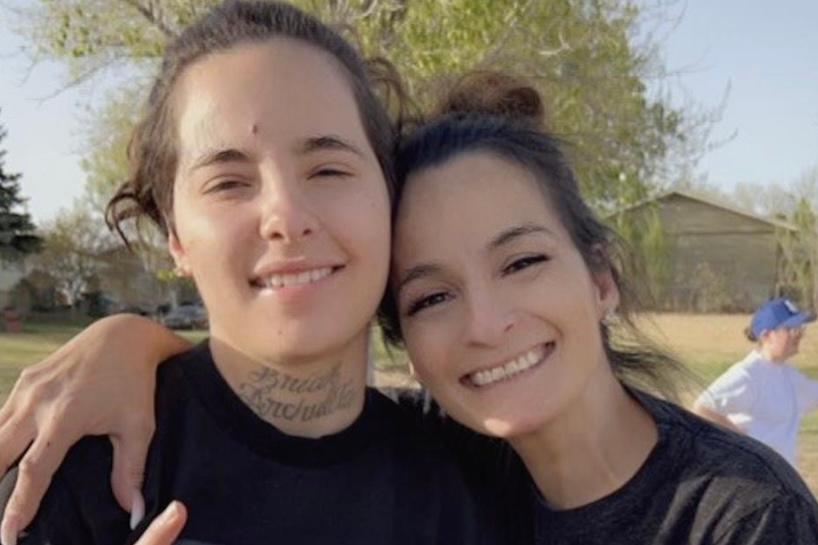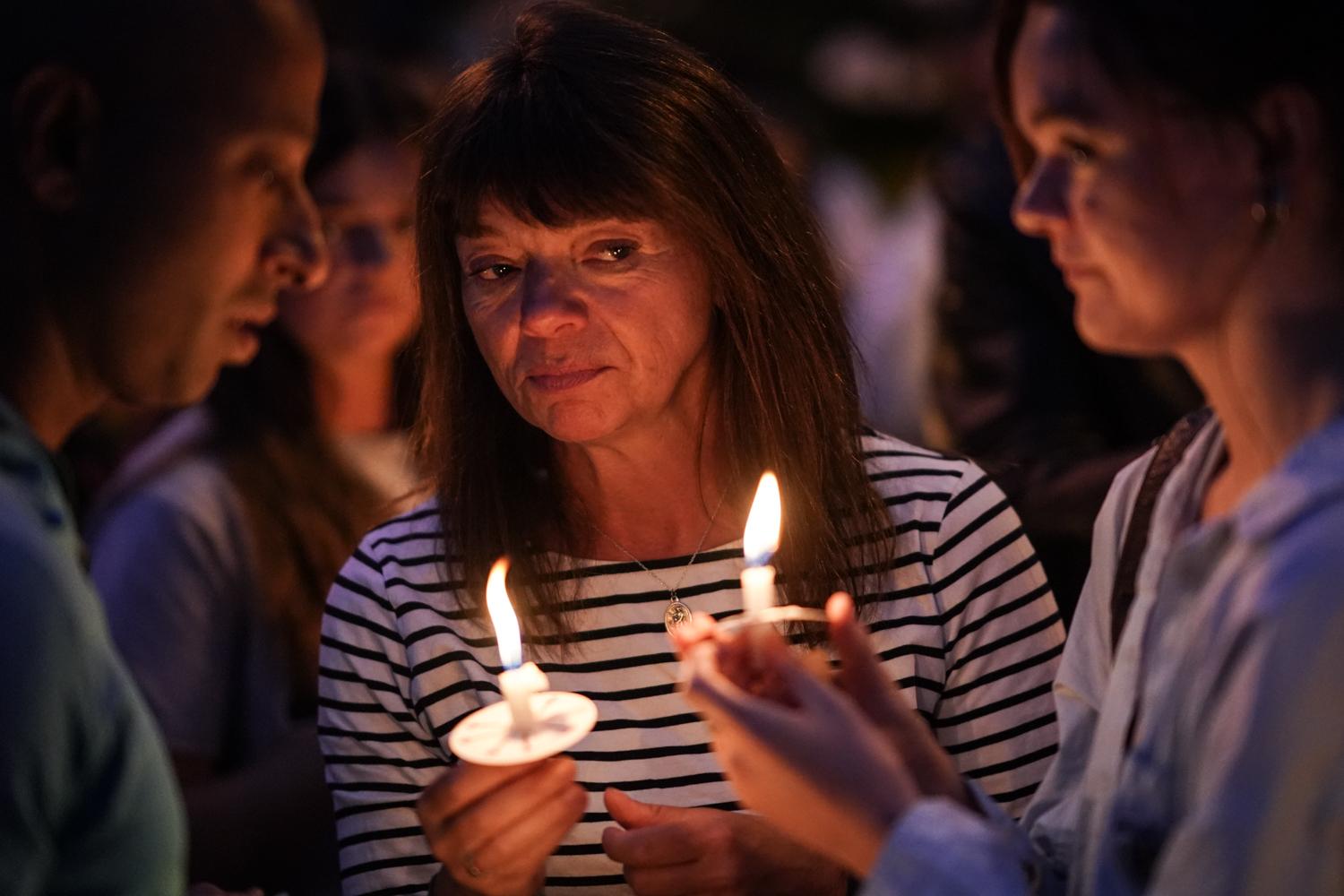Don Clubb of the Atlantis Community was an activist 30 years ago in Colorado's movement for civil rights for people with disabilities. (Joe Mahoney/INews photo)
In Colorado, 3500 people with disabilities live in nursing homes but don’t want to be there. Many of them are young, and they could live on their own with help. The US Supreme court says they have that right. It even would cost less to support them living independently. Still, the state is struggling to meet its own goal of moving people with disabilities out of institutions and back into their communities. Laura Frank of the Rocky Mountain Investigative News Network has this first of two reports.
Link to NPR's related series Home or Nursing Home: America's Empty Promise to Give the Elderly and Disabled a Choice
Transcript:
FRANK: Colorado was a leader in the movement to help disabled people live on their own. It began here 35 years ago, when a group of Coloradans deserted their nursing home and got their own apartments. They went on to protest access to transportation, education, even voting – both here and across the nation. They did everything from lying down in front of Denver city buses to crawling up the steps of the nation’s capitol.
Don Clubb was there when the movement began.
CLUBB: “It was kind of scary, but exciting at the same time.”
FRANK: By 1975, he was an 18-year-old in a wheelchair, living in a Denver nursing home.
CLUBB: “Don: It seemed OK...for a while.” (:02)
FRANK: But Don Clubb wanted to live in a real home, on his own. That year, he met Wade Blank, a minister who’d been hired by the nursing home to create a youth wing. But the young people wanted more than weekly outings. They wanted to live independently.Blank believed they could. He had the then-radical idea that the nursing staff could give them care in their own homes. Blank was promptly fired, but he went on to help a group of 13 nursing home residents move into their own apartments.
Blank is gone now. But the community he helped build still exists. Today, it’s called the Atlantis Community and it’s home to a national disability rights organization called Adapt. Don Clubb didn’t realize it at the time, but he helped launch a national movement of disabled people leaving institutions.
CLUBB: “I knew that we were breaking ground and -- sort of unexplored territory. If we falled on our face, we falled on our face, but we picked ourselves up.”
FRANK: In 1999, the US Supreme Court issued the landmark Olmstead decision. The court said keeping people in nursing homes unnecessarily was a form of segregation – and that violated their civil rights.
Back then, the federal government told states to come up with plans for helping people who want to leave institutions. But it took Colorado an entire decade to finish its plan, which it unveiled just this summer.
Then this fall, the Atlantis Community filed a complaint charging the state is violating the civil rights of a client named Franklin Hicks, who says state regulations make getting out of a nursing home harder than getting in. And state auditors said Colorado’s in-home support services program has been fraught with delays and poor management, and isn’t serving enough people.
Tim Cortez was hired in June to help reform the state’s long term care programs. He said budget shortfalls and a state hiring freeze have slowed some of the progress.
CORTEZ: “There’s certainly been vacancies in the department – in our long term care section specifically – and so, that has certainly created some backlog of things we’re looking at and wanting to do.”
FRANK: If Colorado can find solutions, it could save money. A study last year found that when states spend more Medicaid dollars on home care instead of institutions, they saw their Medicaid bills drop by 8 percent. States that didn’t, saw their bills increase by about that much. That would be a $200 million difference on Colorado’s Medicaid bill. A cut in costs would be a nice change, says Tim Cortez.
CORTEZ: “Long term care in general is costing the state more and more each year just as more people need long term care services and the costs of care continues to increase.”
FRANK: The numbers of people seeking home care services is expected to grow even more. As of October, the federal government says all nursing home residents must be offered the chance to move out.
Cortez says despite Colorado’s challenges, the state is still a leader in helping people leave institutions.
CORTEZ: “Colorado is in a pretty good place. What we just need to do is really look at our infrastructure and make sure it’s even a stronger support system, as well as making sure it’s a viable option for those who are currently in institutions that may not be able to be served in the community at this time just because of a lack of resources and such.”
FRANK: But Shelley Hitt, the state’s long term care ombudsman, says pretty good isn’t good enough.
HITT: “Despite that we have a strong history, we don’t become complacent -or rest on our laurels. It’s all relative. You can look at all the people for whom we’ve been successful or have made improvements or are living independently. That doesn’t matter much to the person who’s not or can’t access services or doesn’t have the funds. To that person, we still have a long way to go. So, I just think that we have to continue to keep our eyes on the future.”
FRANK: Tomorrow, we’ll look at some of the obstacles that make it so hard to help people with disabilities live on their own in Colorado.
For Colorado Public Radio News, I’m Laura Frank.
Joe Mahoney of the Rocky Mountain Investigative News Network produced this report.









